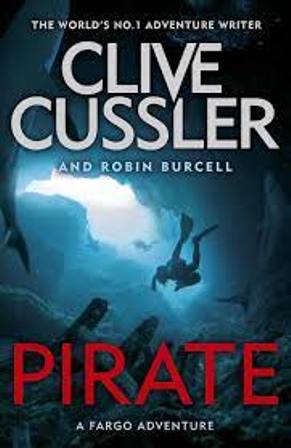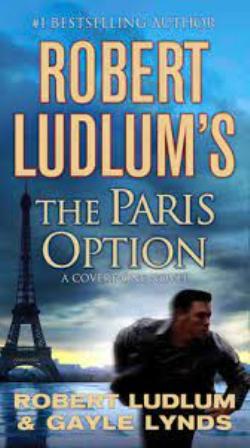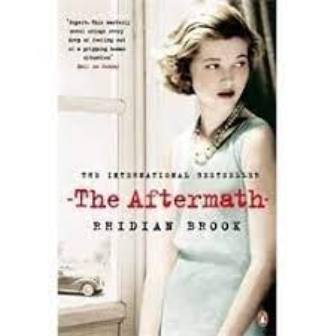
Blue Monday-A Day For Murder
By: Nicci French
It opens in London on a hot summer's day in 1987, with a little girl called Rosie Vine making her way to the sweetshop, trailing her younger sister Joanna behind her. Inside the shop, Rosie has a peculiar sensation of time distorting, a shimmering flicker in the air outside. When she looks back through the door, her sister has vanished, never to be found.
Fast-forward to 2009, the same city cloaked in November darkness. Klein takes on a new patient, Alan Dekker, a middle-aged man who was abando...ned as a newborn. He is suffering from panic attacks, dreams about a son he never had, aberrant compulsions he can't explain except that they happened before, 22 years ago. He shows Klein a photograph of himself as a boy. She sees the same face replicated in the Sunday papers, under headlines screaming the disappearance of five-year-old Matthew Faraday, snatched outside a sweetshop on his way home.
DCI Malcolm Karlsson has already made the connection between the two cases when Klein comes to him with her fears about Dekker's possible involvement. Despite initial hostility, Karlsson is convinced enough to begin acting on her suggestions. Dekker is interviewed but cleared then things start getting seriously weird. In their next session, Dekker tells Klein he had been wandering around an unfamiliar part of London when a strange woman greeted him as if he were her lover. Klein retraces his steps and finds herself at a house in Poplar. From an upstairs window, fearful eyes watch her cross the threshold . . .
The narrative is subliminally loaded with fairytale resonances, peripheral visions of malign forces manifesting. The enigmatic Klein begins to appear to the beleaguered Karlsson as some kind of witch, divining the shadowlands of the psyche in a way that he cannot. The atmosphere is thickened by passages from the perspective of Matthew, the lost boy spirited into another realm.
Klein herself is running from some youthful trauma that led to estrangement from her family and which is only briefly alluded to. She has two surrogate father figures Reuben McGill, her Bob Dylanesque mentor, currently grappling with his own crisis of faith; and Josef, the prosaic Ukrainian builder who falls into Klein's life through the ceiling of her office. Bad Dad and Good Dad end up sharing a house and each other's problems, while offering Klein intellectual support and physical protection respectively. These aspects of the plot, along with Karlsson's suspiciously trendy Scandinavian surname, seem a little too cute, like an editorial decision to let in some chinks of light to diffuse the more compelling authorial darkness.
For that door in Poplar is a gateway to feats of such imaginative skill that the reader begins to join Karlsson in wondering if the supernatural has actually been invoked. The borderline between crime fiction?and "psychological thriller" proves a blurred demarcation here. It's a case of different label, same compulsion for a couple whose existence as one writer is an intriguing study of two minds working as one.
Book Details
- Author: Nicci French
- Language: English
- Publisher: Penguin
- ISBN13: 9789141040752


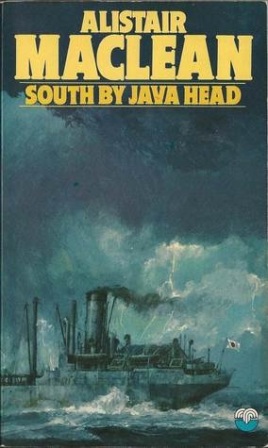
.jpg)
.jpg)
.jpg)
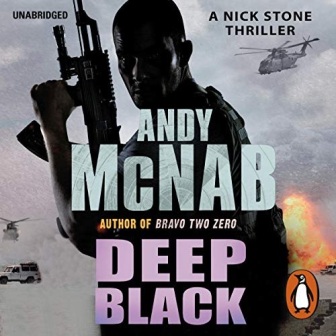
.jpg)
.jpg)
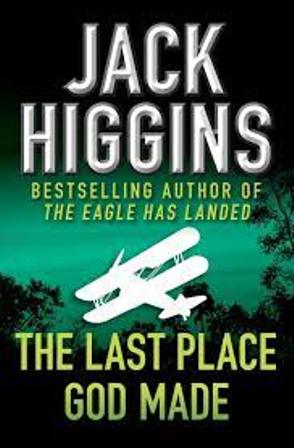
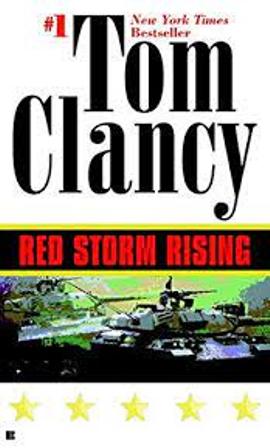
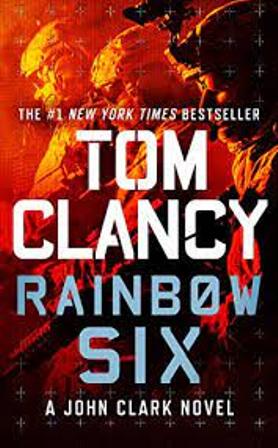
.jpg)
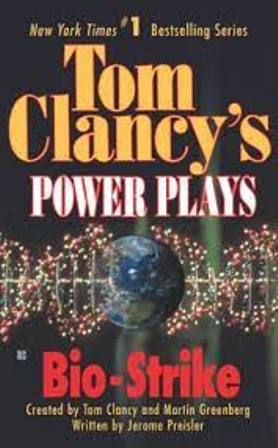
.jpg)
.jpg)
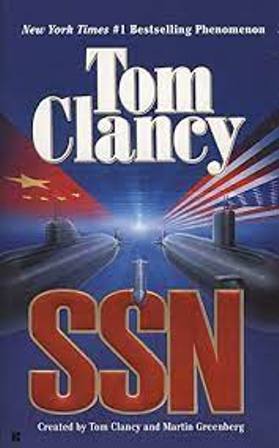
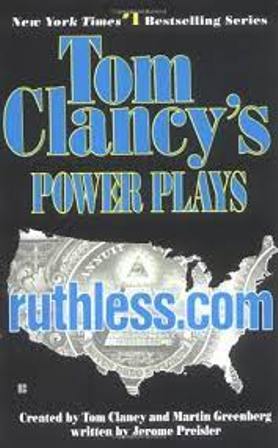




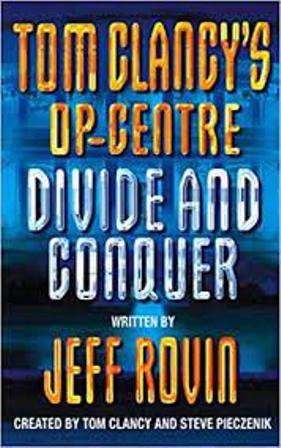
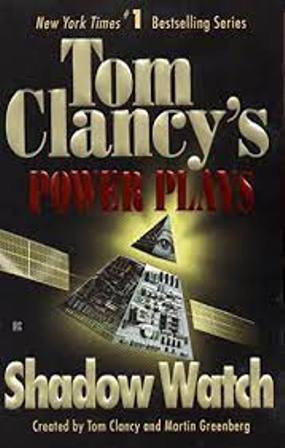
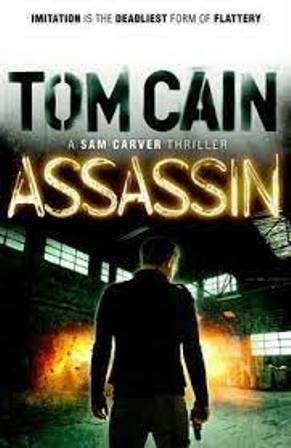
.jpg)
.jpg)
.jpg)
.jpg)
.jpg)
.jpg)
.jpg)
.jpg)
.jpg)
.jpg)
.jpg)
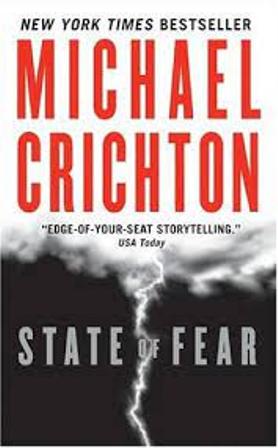
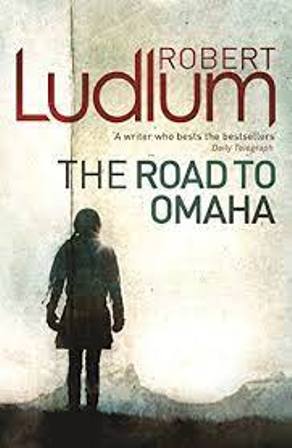
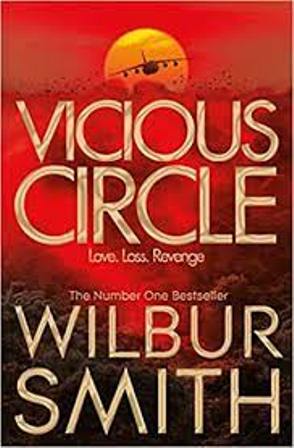
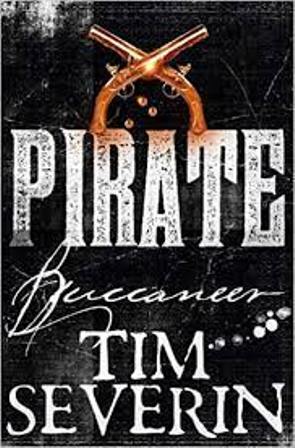


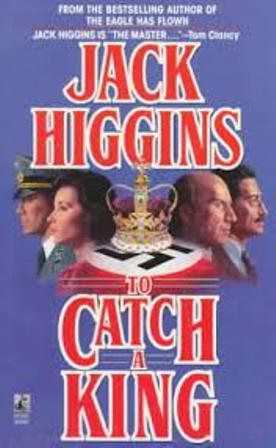
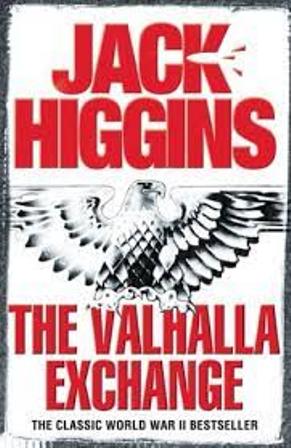

.jpg)
